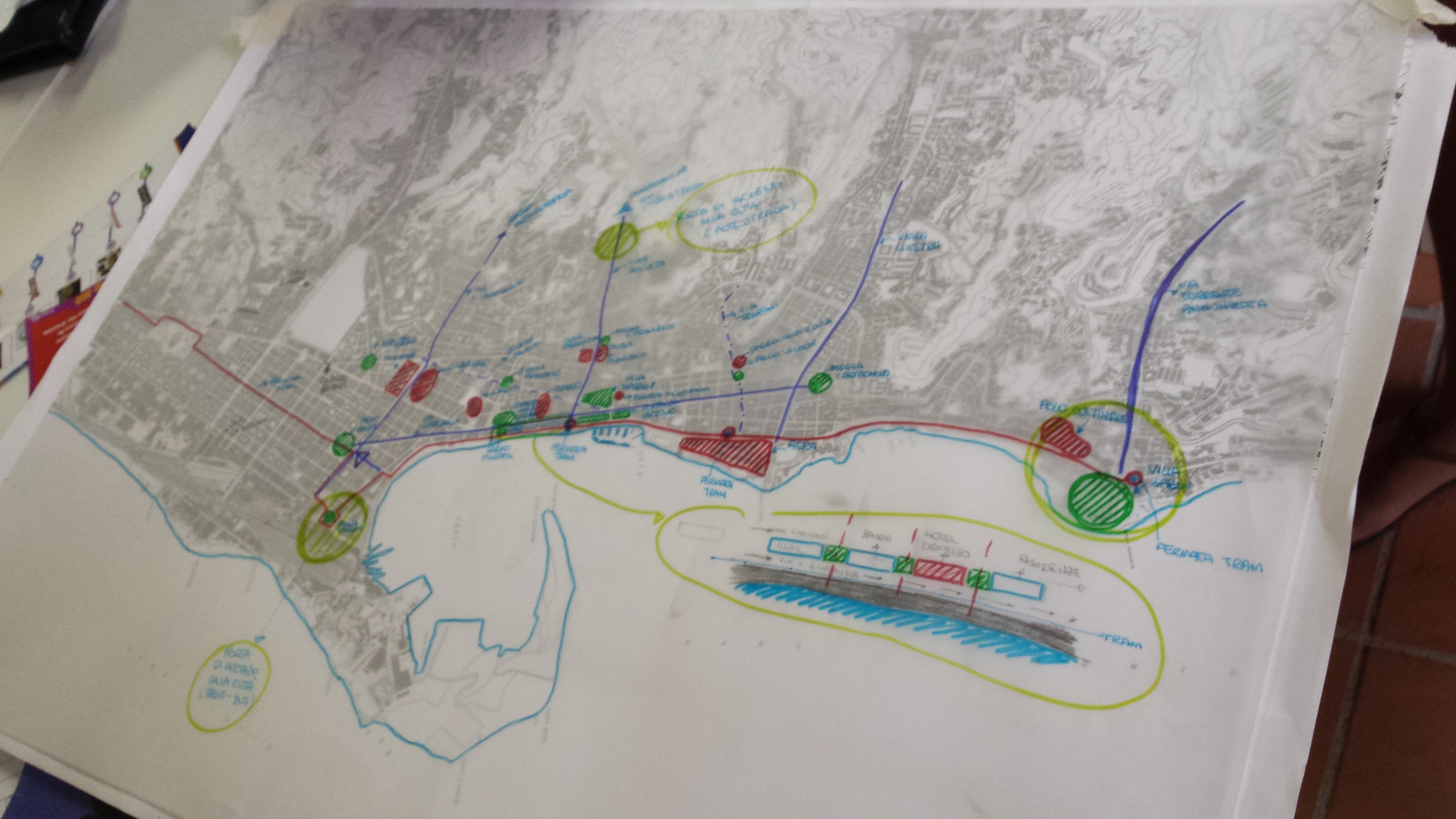News
From Richmond to Italy: Planning Across Cultures

By Pamela Stallsmith
Seven planning students—led by John Accordino, Ph.D., interim dean and professor of Urban and Regional Studies/Planning, and Fabrizio Fasulo, Ph.D., of the Center for Urban and Regional Analysis—brought their planning expertise to the University of Reggio Calabria in Italy in July.
The course, “Trans-Atlantic Development Seminar: Urban Regeneration Policy and Planning in the United States and Italy,” gave students a hands-on experience to apply their planning skills in a global setting.
“The project allowed students to work together across cultures and come up with recommendations to address real-life projects, while also learning about the different approaches to revitalization,” Accordino said.
The Wilder School students, a mixture of undergraduates and graduates, first studied community-based revitalization efforts in Richmond’s Brookland Park Boulevard and Washington’s Shaw neighborhoods. Then at the University of Reggio Calabria, they worked in a studio setting with Italian architectural students on several local revitalization plans.
The University of Reggio Calabria is located at the tip of the boot of Italy, the southernmost region of the peninsula that is separated from Sicily by the Straits of Messina.
The workshop theme addressed the relationship among public space, commercial activities and urban regeneration. Students developed and shared their plans with local officials for a redesigned waterfront in Messina, proposing pedestrian areas and cycle paths to improve access to the sea, and also for improving the commercial development and residential potential for two neighboring industrial and degraded areas. The visit received local press coverage.
Students agreed they benefited from the program in many ways.
“It was a great opportunity to experience Italy as a student, and not as a tourist,” said Hannah Cameron, a student in the Master of Urban and Regional Planning program. “I learned so much from being immersed in a studio environment.”
Luanda Fiscella, who graduated in May with a bachelor’s degree in urban and regional studies, said the program helped her better appreciate the differences between planners and architects.
“The creative tension that exists between architects and planners sharpened my skills because I had to be able to explain myself,” she said. “I learned how to defend my arguments for why I wanted to do something a certain way.”
Aidan Quirke, a MURP student, called the trip “a great cross-cultural experience because I was able to learn the European way of planning. We had the challenges of working together with our different languages and approaches, but we enjoyed the success of our plans being well-received by local officials.